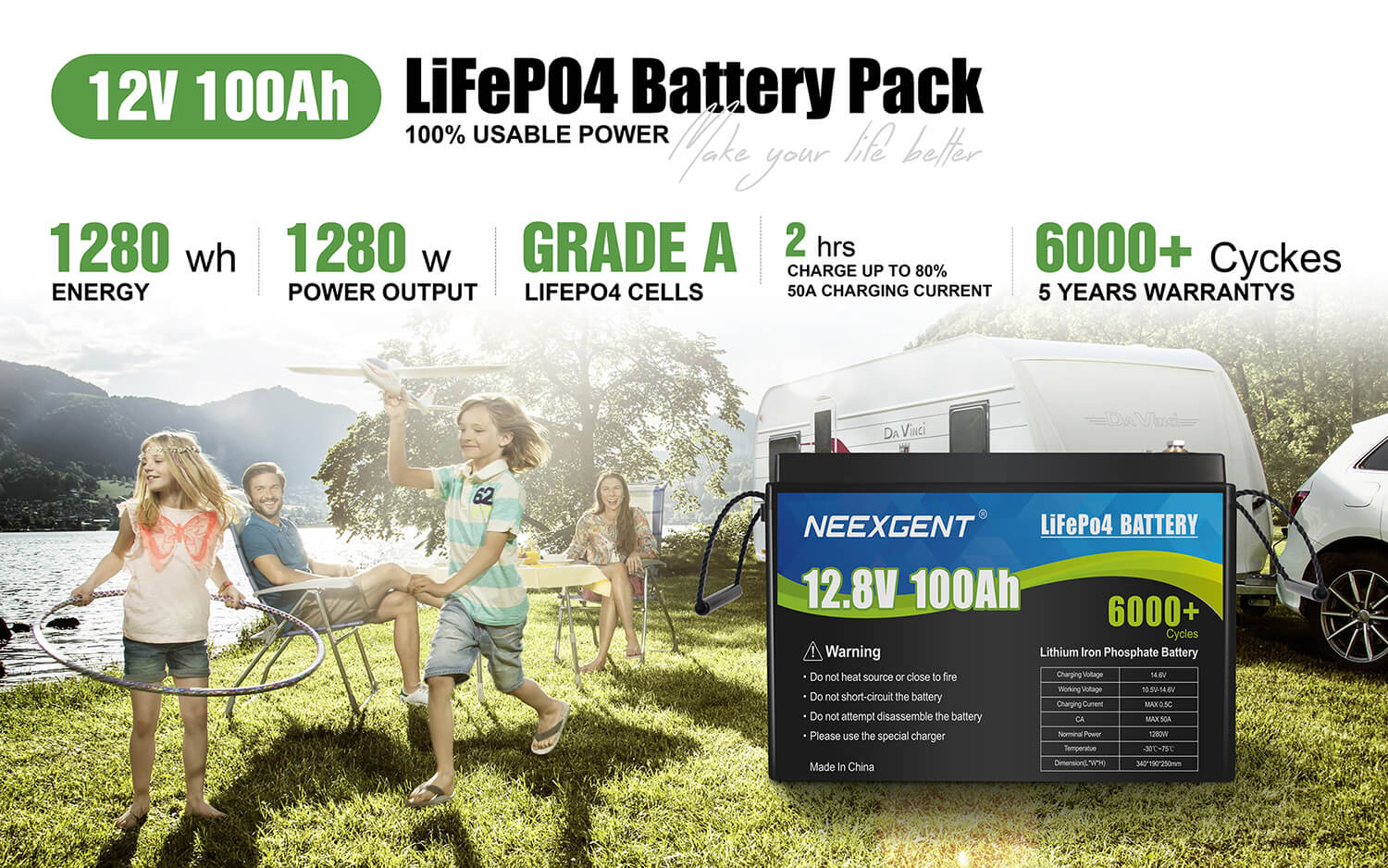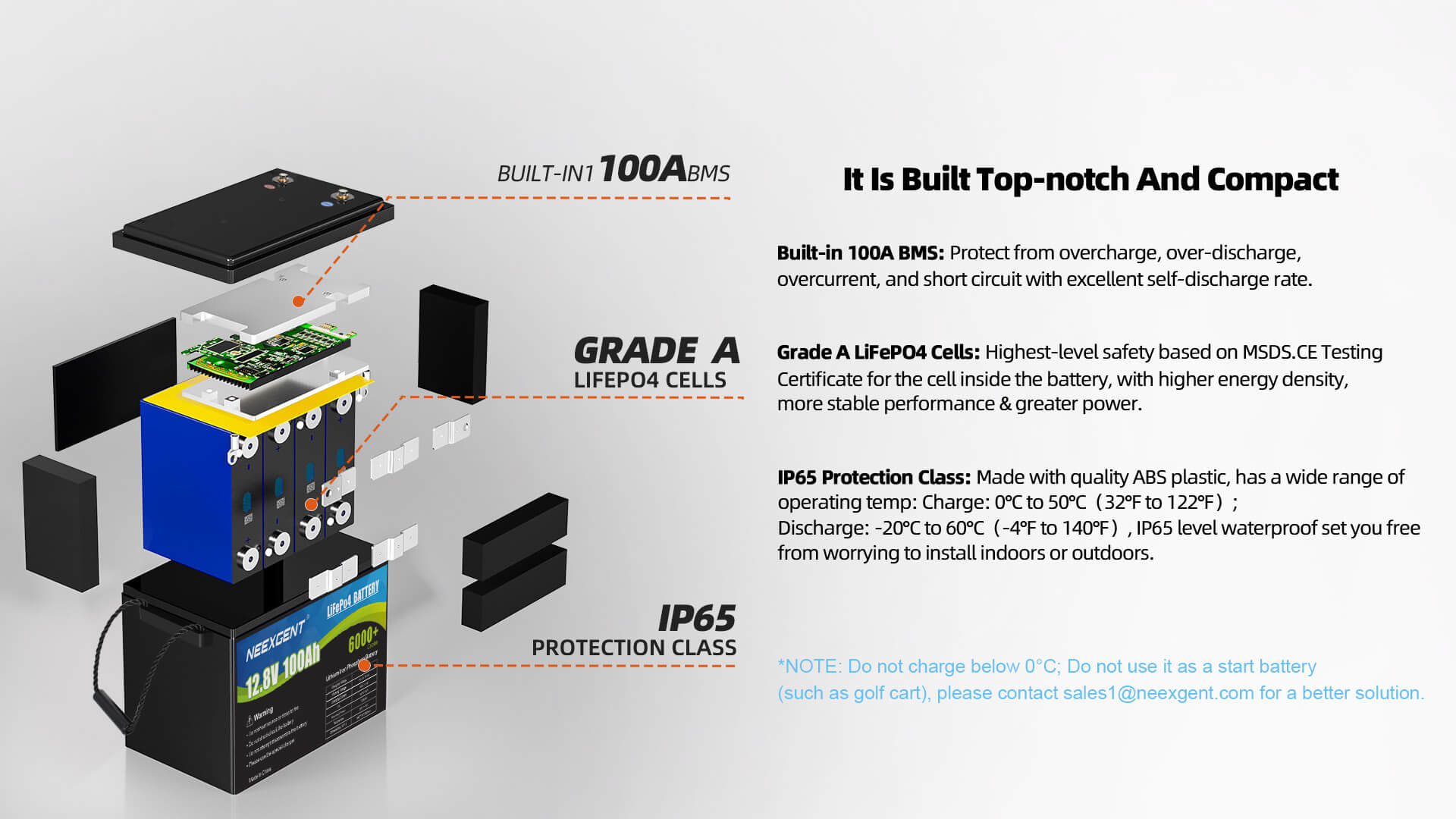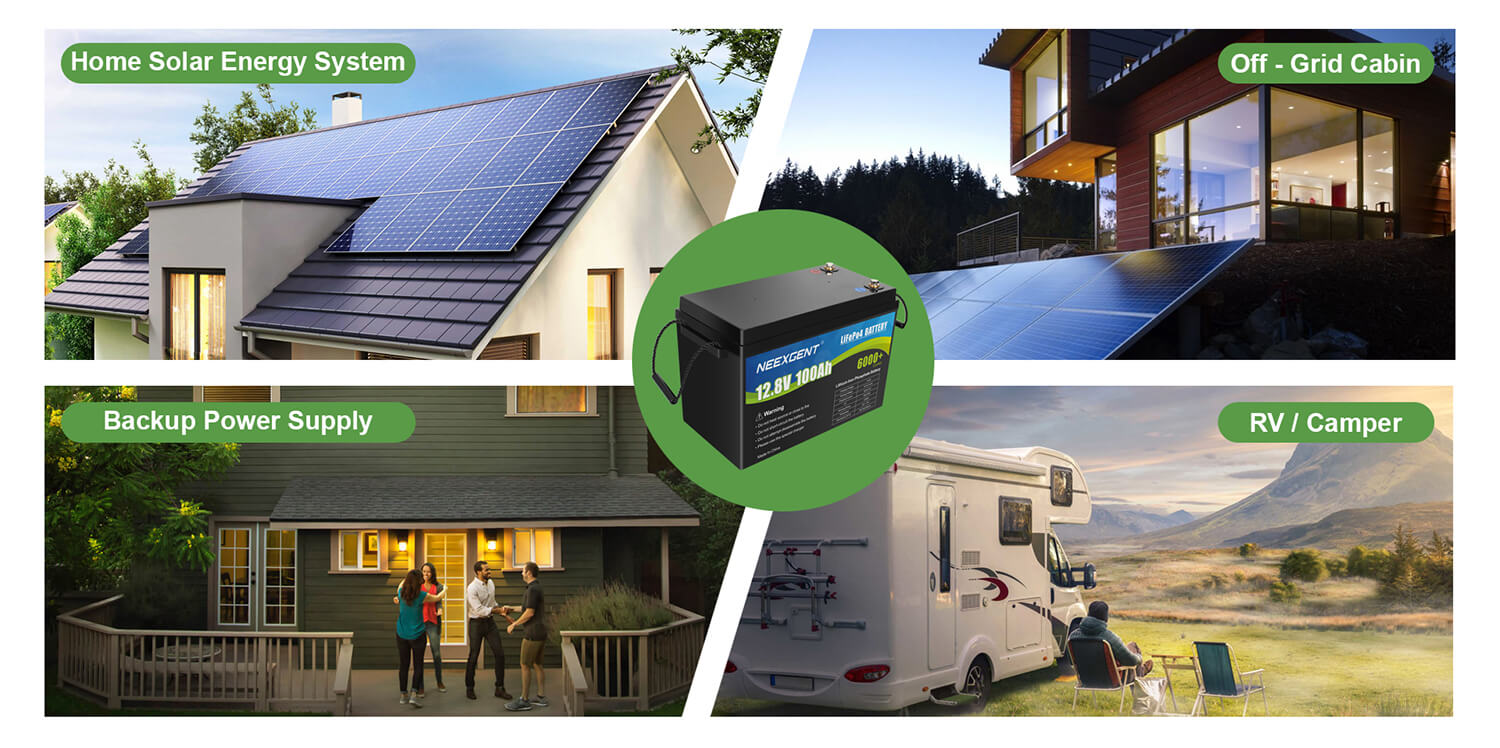
LiFePO4 Battery pack
Longer Lifespan:
LiFePO4 battery packs typically have a much longer lifespan than traditional lead-acid batteries, lasting up to 10 years or more. This means less frequent battery replacements and lower long-term costs.
This means that businesses and organizations that rely on standby power systems, such as data centers or hospitals, can benefit from a more reliable backup power source that requires less frequent battery replacements. This can result in significant cost savings over the long term, as the costs associated with purchasing and installing new batteries can be reduced.
The longer lifespan of LiFePO4 battery packs means that they can be a more sustainable and environmentally friendly choice. With fewer battery replacements, there is less waste generated, and fewer raw materials needed to manufacture new batteries.
Higher Energy Density:
LiFePO4 battery packs have a higher energy density than lead-acid batteries, which means they can store more energy in a smaller space. This makes them a good choice for applications where space is limited.
The higher energy density of LiFePO4 battery packs means that they can store more energy in a smaller space, making them a good choice for applications where space is limited. This is especially important for applications such as electric vehicles, where reducing weight and maximizing space is critical.
Reducing the space required for the battery pack, the higher energy density of LiFePO4 battery packs can also result in a longer runtime for a given battery size. This means that the battery can power a device or system for a longer period of time before needing to be recharged or replaced.
The higher energy density of LiFePO4 battery packs is an important advantage that makes them a preferred choice for applications where space is limited or where a longer runtime is desired.
Faster Charging Times:
LiFePO4 battery packs can be charged much more quickly than lead-acid batteries, which means less downtime and more reliable backup power.
LiFePO4 battery packs can be charged much more quickly than lead-acid batteries, which can result in less downtime and more reliable backup power. This is particularly important for applications where a fast recharge is needed to ensure continuous power supply, such as in uninterruptible power supply (UPS) systems or emergency lighting systems.
LiFePO4 battery packs can be charged using a wider range of charging methods, including fast charging, which can further reduce the charging time. This makes them a more flexible option for applications where charging time is critical.
Fast charging time of LiFePO4 battery packs is an important advantage that makes them a preferred choice for applications where reliable backup power is essential, and downtime due to battery charging is not acceptable.

12.8v 100ah LiFePO4 Battery pack
Improved Safety:
- LiFePO4 battery packs are much safer than lead-acid batteries, as they are less likely to overheat or catch fire. They are also less prone to leaking, which can be a serious issue in some industrial settings.
- Reduced risk of fire and explosion: LiFePO4 battery packs are less likely to overheat or catch fire compared to lead-acid batteries. This is because LiFePO4 chemistry is more stable and less prone to thermal runaway, which is a phenomenon that can occur in lead-acid batteries and can cause them to overheat and catch fire.
- Lower risk of leakage: LiFePO4 battery packs are also less prone to leaking compared to lead-acid batteries. Lead-acid batteries contain liquid acid, which can spill and cause damage or injury if the battery is mishandled or damaged. In contrast, LiFePO4 battery packs are sealed and do not contain any liquid electrolyte, which means they are less prone to leaking.
Reduced environmental impact:
LiFePO4 battery packs are considered to be a more environmentally friendly option compared to lead-acid batteries. This is because they do not contain any hazardous materials, such as lead or acid, which can be harmful to the environment and human health.
Improved safety of LiFePO4 battery packs compared to lead-acid batteries is an important advantage that makes them a preferred choice for applications where safety is a top priority, such as in industrial settings or in applications where the battery may be subject to harsh operating conditions.

Lower Maintenance Requirements:
LiFePO4 battery packs require less maintenance than lead-acid batteries, as they do not require regular equalization or watering. This can save time and money in the long run.
Lead-acid batteries, on the other hand, require regular equalization and watering to maintain their performance and extend their lifespan. Equalization involves charging the battery to a higher voltage than normal to help prevent the buildup of sulfation on the battery plates, which can reduce the battery's capacity and lifespan over time. Watering involves adding distilled water to the battery cells to replace the water lost due to evaporation during charging.
LiFePO4 battery packs do not require regular equalization or watering, which can save time and money in the long run. This also means that LiFePO4 battery packs have a lower total cost of ownership compared to lead-acid batteries.
Reduced maintenance requirements of LiFePO4 battery packs is an important advantage that makes them a preferred choice for applications where maintenance is difficult or costly, such as in remote locations or in applications where the battery is difficult to access.








